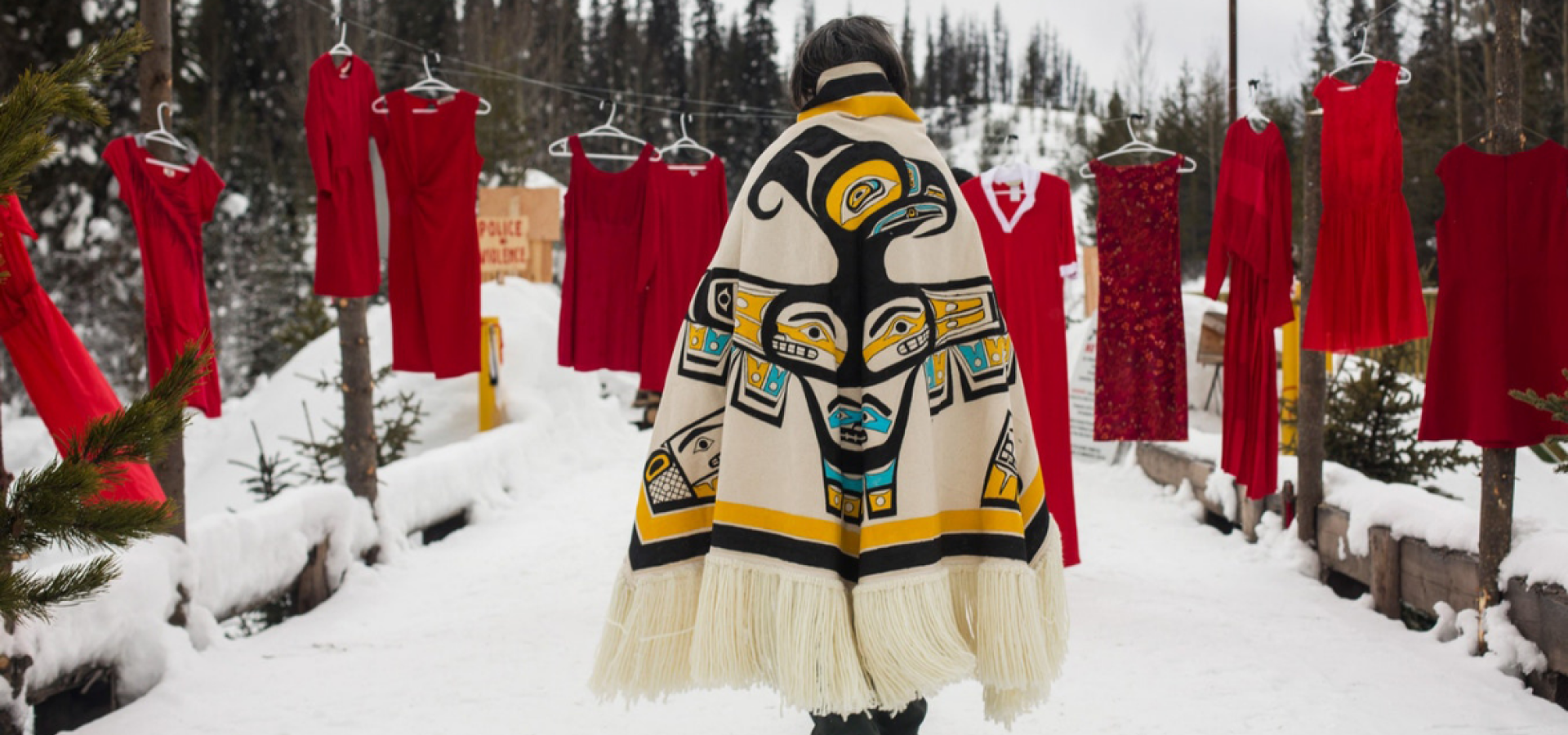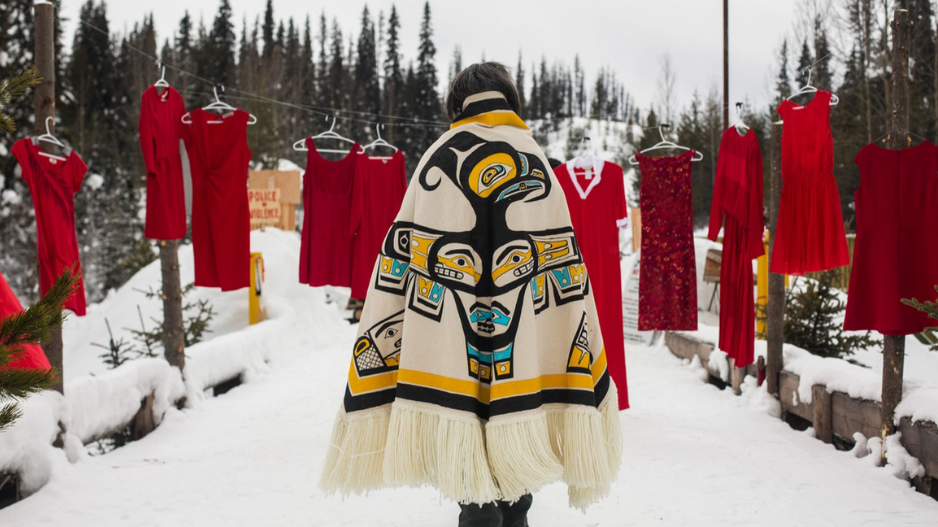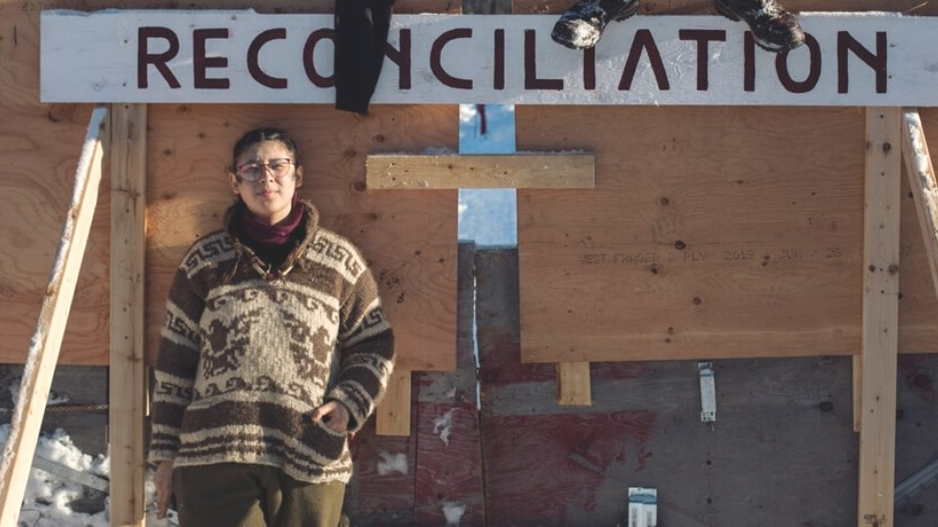In February, the decision to have a pipeline run through traditional Wet’suwet’en territories prompted protestor led blockades of the pipeline’s construction. and across Canada on various railroads, in solidarity from other Indigenous nations and from settler populations. Solidarity protests are still ongoing in different localities.
Another pipeline project in Eastern Canada is meeting opposition from populations, both Indigenous and settlers, in Quebec. This has an effect on how we frame the discussion regarding reconciliation, as one of the popular hashtags online is #reconciliationisdead (Reconciliation is dead), particularly with younger generations of Indigenous activists, who have been extremely active in bringing Indigenous issues to light in the general populations in the last 10 to 15 years. This is important, and it is yet to see how this will affect Canada in the years to come. The younger generations among the settler population seem to be more sensitive and supportive of these blockades, as they see it as an environmental issue as well. So, it also brings a generational divide to light. Currently, 40% of the Canadian population as a whole supports the Indigenous claims.


